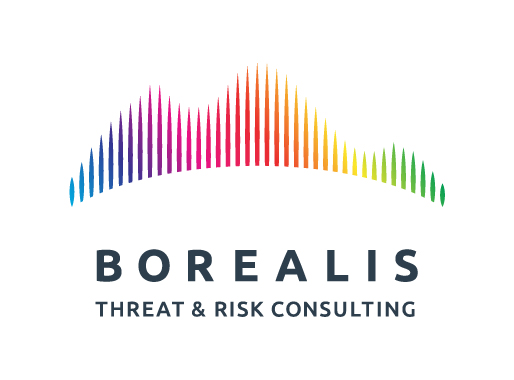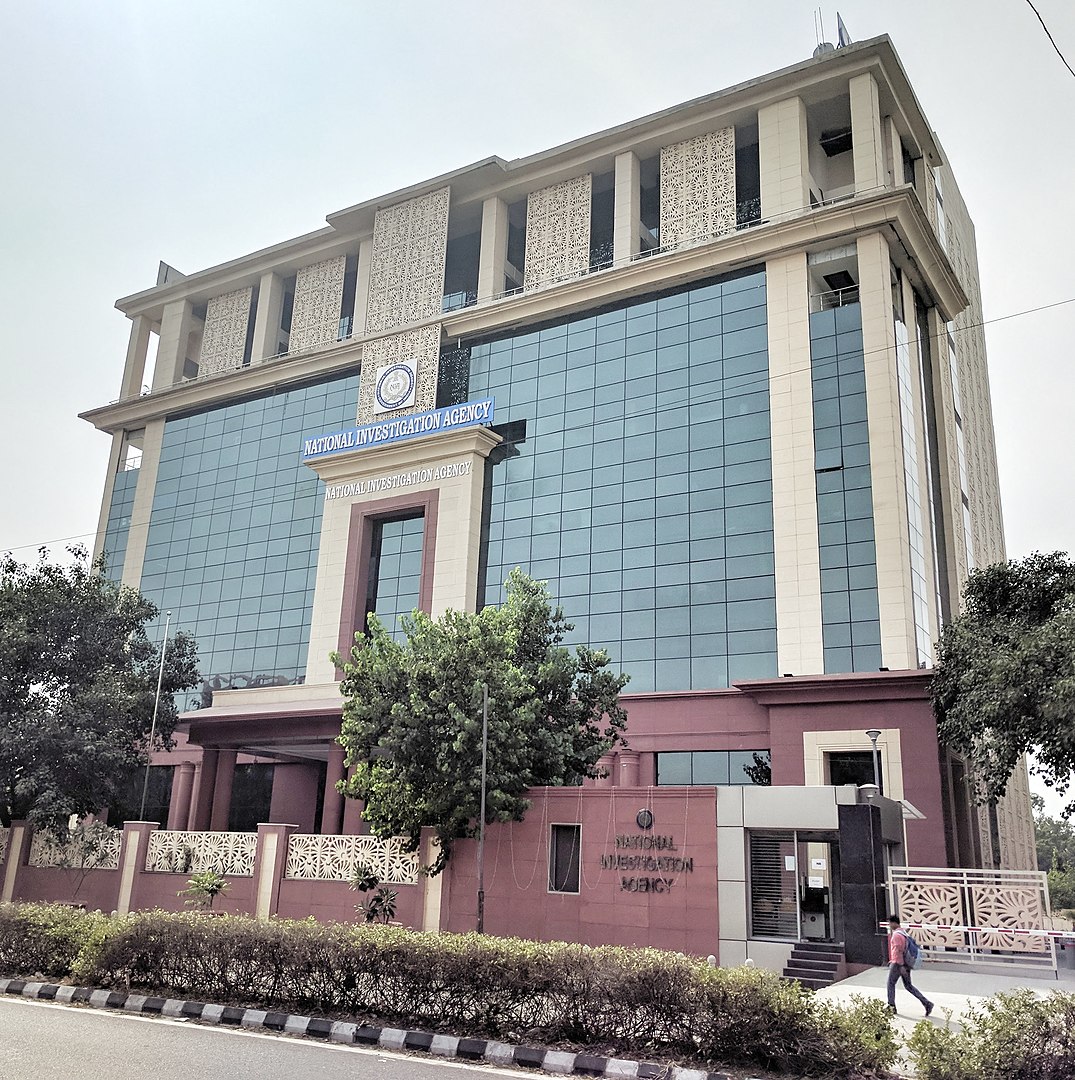If there is one thing you learn when you are part of the intelligence community it is that more information (i.e. intelligence) is better than less.
You never really have enough data on which to make decisions and pass advice up the chain of command. There is always something that eludes you but you expend every effort to find it, collect it, process it and report it onwards. That is how intelligence works.
More narrowly, in the field of counterterrorism your task is straightforward. Identify terrorists and take action before they do. No one is satisfied AFTER the bomb goes off: the expectation is that everything will be done BEFORE to prevent death and destruction.
A big part of the success in stopping acts of terrorism is the exchange of information/intelligence. This exchange can occur internally within a nation – i.e. among security intelligence and law enforcement partners and others – or externally – i.e. among allies. These sharing relationships vary greatly over time and space.
Canada, the 5 Eyes, and the World
In Canada, at least, the internal back and forth works ok, although the differences between intelligence and evidence do interfere with full disclosure (intelligence not collected to an evidentiary standard is not usually used in court). At the international level Canada benefits greatly from the so-called ‘5 Eyes‘ Anglo network (consisting of Australia, Canada, New Zealand, the UK and the US) where the exchange of intelligence/information takes place at a very high level and pace.
Beyond the 5 Eyes it gets complicated. Countries which share much in the way of culture and governance models – i.e. liberal secular democracies – have an easier time justifying exchanges and ponying up. In my experience at the Canadian Security Intelligence Service (CSIS), collaboration on counter terrorism (CT), for instance, was fairly straightforward with our Western European allies (the Scandinavian countries, Germany, the Netherlands, France, etc.). Once you got further afield things got trickier.
Here is a good example.
I recall when Russia was briefly part of the G8 (formerly, and once again, the G7 nations: Canada, France, Germany, Italy, Japan, the UK and the US): it was kicked out in 2014 after it invaded Crimea (it had been admitted after the fall of the Soviet Union in 1994). I met with Russian CT officials on several occasions, including a G8 summit in Moscow in 2006, and it was weird to say the least. As someone whose career started at Communications Security Establishment (CSE) during the Cold War, I found exchanging data with the Russians offputting. Not only are they no longer in the G8 but recent Russian meddling in G7 nations’ elections pretty well assures they won’t be back any time soon. Even on CT it was hard to square Russian intelligence with some of their ‘practices’ in the field.
But the Russians are not the only ‘problematic’ ally.
A recent visit to Canada by a team from India’s National Intelligence Agency (NIA) to discuss terrorism, including Sikh terrorism (more on that in a bit) ruffled a few feathers. One member of the World Sikh Organisation (WSO), Balpreet Singh, said:
Opening the doors to the NIA in Canada, this is scary for Sikhs. Sikhs are very disturbed by this news.… It’s difficult to understand how Canada can be working with an organisation like this and maintain its human rights standards.
For its part, Indian politicians have often criticised the Trudeau government for ‘cozying up’ to Sikh Canadians who support the idea of Khalistan — a Sikh homeland carved out of India. Lest we forget, during Trudeau’s 2018 visit to India, a convicted Sikh terrorist from Canada was among the guests at a Canadian-organised event.
What to make of all this? Well, it’s complicated.
It is hard to say just what was talked about during the visit as the meetings were not exactly advertised. I am fairly certain the NIA did want to address Sikh terrorism, which is not dead despite what some may think, but it is equally likely that jihadism was on the menu given India’s permanent problems with neighbouring Pakistan and uprising in the disputed Kashmir region.
Furthermore, and it saddens me to write this, it is quite clear that the Trudeau government does not take Sikh terrorism seriously. A 2018 report which used the term ‘Sikh extremism’ was met with vociferous criticism from the Canadian Sikh community and, never wanting to miss an opportunity to apologise, a member of the Trudeau cabinet, then Public Safety Minister Ralph Goodale announced:
But words matter and being precise matters. So I have invited my officials and the others they work with right across Canada to examine the descriptors that are used in relation to terrorism and extremism and violence to make sure those descriptors are appropriate and proper.
Coward.
In addition, a Canadian Sikh MP, Liberal MP Randeep Sarai demanded that the Sikh extremism reference be excised from the annual report. Government interference in intelligence matters – again! When will politicians learn that security intelligence and law enforcement agencies MUST be allowed to act independently of political agendas (and currying favour with voters)?
On the topic of backlash to the report here is where it gets interesting. I have learned from a reliable source that some of those at the forefront of the criticism had, shall we say, ‘interesting’ backgrounds in the Khalistani movement. Hmmm…. Say no more.
In the end should Canada talk to Indian CT authorities? Yes, they should. Should they treat the information carefully? Yes, they should as they do with everything they collect/receive, endeavouring to corroborate it from their own sources. That, after all, is how intelligence works.
Alas, the Trudeau government seems incapable of not saying sorry at every turn, sometimes for things that are neither errors of commission nor omission. That also goes for the ridiculous changes of vocabulary to describe terrorism of late: just try to use the phrase Islamist terrorism in a government forum and see how long you last. Hence their pusillanimous approach to Sikh terrorism and other forms of violent extremism.
Ensuring public safety and national security requires partners. Sometimes the need to collaborate may require, as one former senior CSIS official was wont to say, ‘taking the ugly date to the dance’. That is just reality folks.
Read More About Intelligence

Quick Hits – Put up a ‘for sale’ sign at CSIS: its mandate has been compromised
The Canadian government has politicised the use and meaningfulness of intelligence and undermined the very agencies which provide it – not good!
How important are human sources in counter terrorism? A conversation with former CSIS officers and agents
Canadian Intelligence Eh! – Episode 150: How far should the use of human sources go to collect intelligence? The world of counter terrorism is a dirty business. Intelligence services and law enforcement need to infiltrate terrorist cells to see what they are planning and part of those efforts involve the recruitment and running of human…

Why is morale at Canada’s spy service in the dumps? A conversation with Andrew Kirsch
When a nation’s spy agency has a morale problem it can have widespread effects on national security: a conversation with a former Canadian intel officer.

